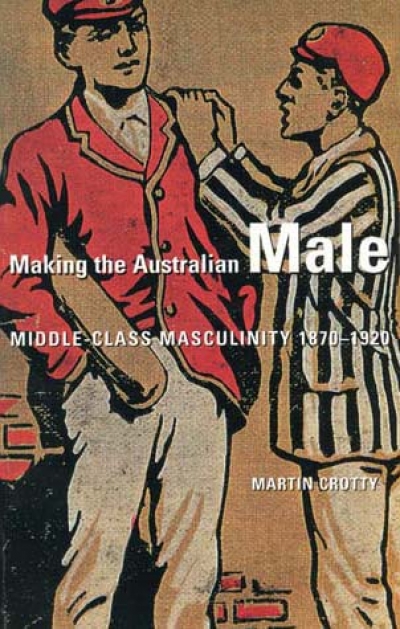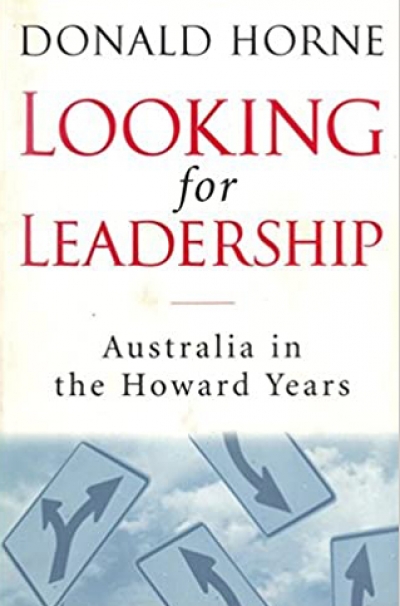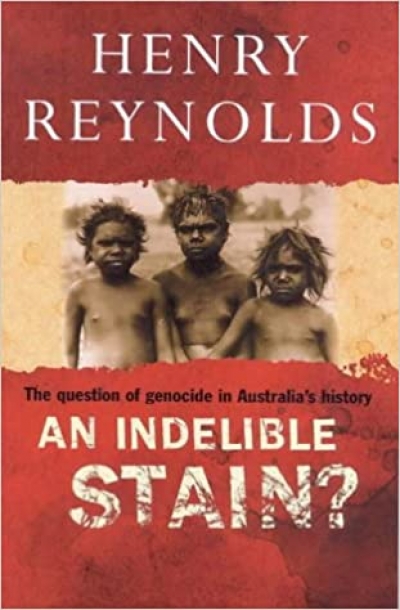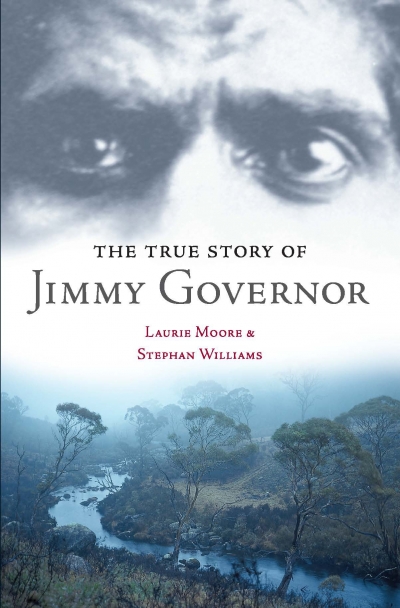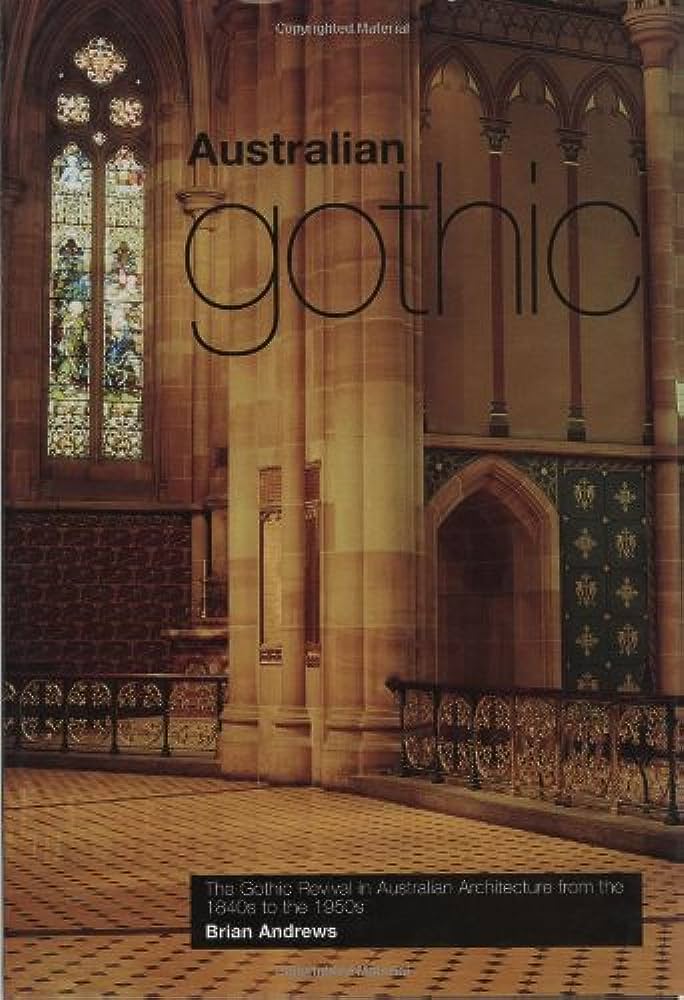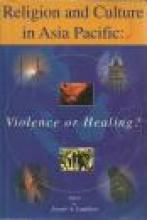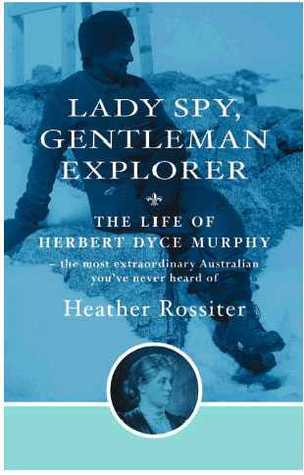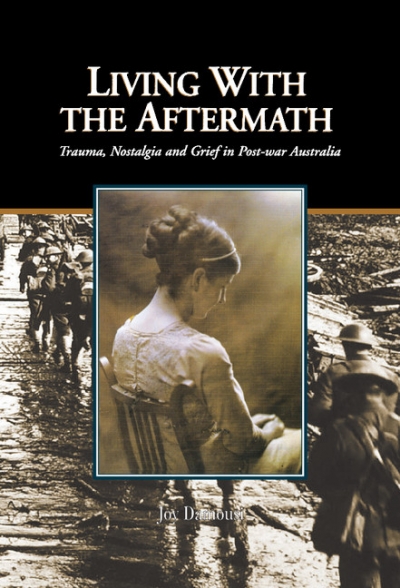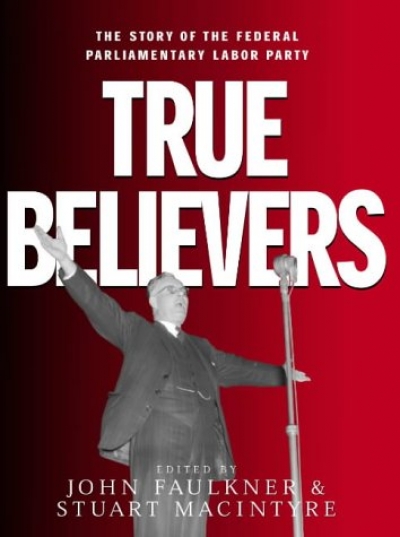Australian History
Making the Australian Male: Middle-class masculinity 1870–1920 by Martin Crotty
Masculinity isn’t what it used to be. To begin with, it has gone forth and multiplied to become masculinities, for it is a requirement of a pluralist culture that diversity not only be acknowledged but cultivated. What has happened, of course, is that as women’s history has given way to gender studies, masculinity, which was formerly taken for granted as part of the dominant culture, is being put under the microscope.
... (read more)Looking for Leadership: Australia in the Howard Years by Donald Horne
London 1999. I’m in a draughty slum in Hackney, the poor part of the East End, shared with a mini-UN of students, squatters, drifters and a junior investment banker. Feeding five-pound notes into the gas meter, keeping an eye out the window for the television licence detector van, we’re doing what everyone who comes to cool Britannia does most evenings – watching the BBC ‘cos we can’t afford to go to the pub. Suddenly, the screen seems to widen and there’s Sydney Harbour in all its luminescent glory, with an expert panel of worthies – Bob Hawke, Bill Hayden, Geoffrey Robertson – arrayed before it.
... (read more)An Indelible Stain?: The question of genocide in Australia’s history by Henry Reynolds
This book is suspended from a question mark, and all of Australia’s history is suspended with it. Henry Reynolds has been doing it for twenty years. What happens if we try to understand the coming of the Europeans from the Aboriginal viewpoint, from the other side of the frontier? Did the European invaders really think they were occupying a country that belonged to no one, a terra nullius? If we, the white people, had a legal title, how did we acquire it? If everything was fair and above board, why then this whispering in our hearts? And if so many big questions were left unanswered, if so many black people died so that we could live in prosperous comfort, Why weren’t we told?
... (read more)The True Life of Jimmy Governor by Laurie Moore and Stephan Williams
Five of Laurie Moore’s ancestors were in the party that finally captured Jimmy Governor in October 1900, ninety-nine days after his murderous onslaught on the Mawbey family. He and his wife have assiduously traversed the terrain of the manhunt for Jimmy and his brother Joe. Moore’s book, The True Life of Jimmy Governor, written in conjunction with Stephan Williams, is an admirable amateur labour: loving, painstaking, yet never without a tinge of irony about fashions of remembering folk anti-heroes in Australia. As the authors remark near the end of their story: ‘the brothers held up, or were fed by, everyone’s great aunt or grandfather’.
... (read more)James Griffin and John Wren
Dear Editor,
Some of your readers will be familiar with the problem. You set aside a few days to get to the National Library to pursue a research project. You obtain the manuscripts, order the material in the Petherick Room, and settle down to uninterrupted industry, when an avuncular bore with too much time on his hands buttonholes you and bangs on about his own project. You do not wish to appear uninterested, yet hope that the windbag will leave you alone and get back to his own table, perhaps even write the book that he rehearses so insistently as the precious minutes tick by.
... (read more)Australian Gothic: the Gothic revival in Australian architecture from the 1840s to the 1950s by Brian Andrews
A major work in the history of Australian architecture is a rare thing, and it is the more remarkable when the author is an amateur – in the true sense, that is – an enthusiast and connoisseur rather than a professional or academic hack. For Brian Andrews, though he has developed his expertise during a full-time career in telecommunications, is certainly not an amateur in terms of expertise.
... (read more)Religion and Culture in Asia Pacific: Violence or healing? by Joseph Camilleri
The huge changes that have occurred in Australia in the space of a century were reflected in the recent centenary of Federation celebrations in Melbourne. They were evident, for example, in the repeated acknowledgment of Aboriginal Australians and in the selection of a young female Asian-Australian to speak on behalf of the future.
... (read more)Lady Spy, Gentleman Explorer by Heather Rossiter and Miles Lewis
Antarctica feeds the Australian imagination. The two continents are mirror images of each other: dry and largely barren, both managed to elude European description for longer than just about anywhere else. They are yin and yang; hot and cold.
... (read more)Living with the Aftermath: Trauma, nostalgia and grief in post-war Australia by Joy Damousi
A brief moment of reflection on the quantum of grief in Australia associated with wars of the twentieth century is, to say the least, unsettling. Nearly 100,000 killed in combat, many seriously wounded, many dealing with the physical and mental consequences long after the cessation of hostilities. Lives snatched from the everyday and made into noble sacrifices. The darker dimensions of the Anzac legacy have seeped into the national imagining in recent years, and we are now more open to the poignant melancholy of remembrance, undercutting the bellicose flag-waving of former years. But our sense of the costs of sacrifice has largely been focused on those who served. Joy Damousi in this and her previous book, The Labour of Loss (1999), opens our eyes to those others who have borne the pain of grief most acutely: the wives and families of those killed and those forever transformed by the experience of battle. These illuminating books are a long overdue acknowledgment of the burden of mourning that many Australian families have had to bear.
... (read more)True Believers: The story of the Federal Parliamentary Labor Party edited by John Faulkner and Stuart Macintyre
The intriguing story of the Federal Parliamentary Labor Party began the day before the first Federal Parliament convened in Melbourne on 9 May 1901. At 11 a.m. on 8 May 1901, Labor’s twenty-two federal parliamentarians met in a stuffy basement room in Victoria’s Parliament House. This historic first Federal Caucus was chaired by Queensland Senator Anderson Dawson who from 1 to7 December 1899, as premier of Queensland, had led the first Labor government in the world.
... (read more)

